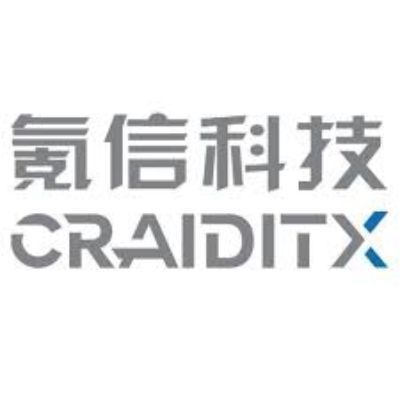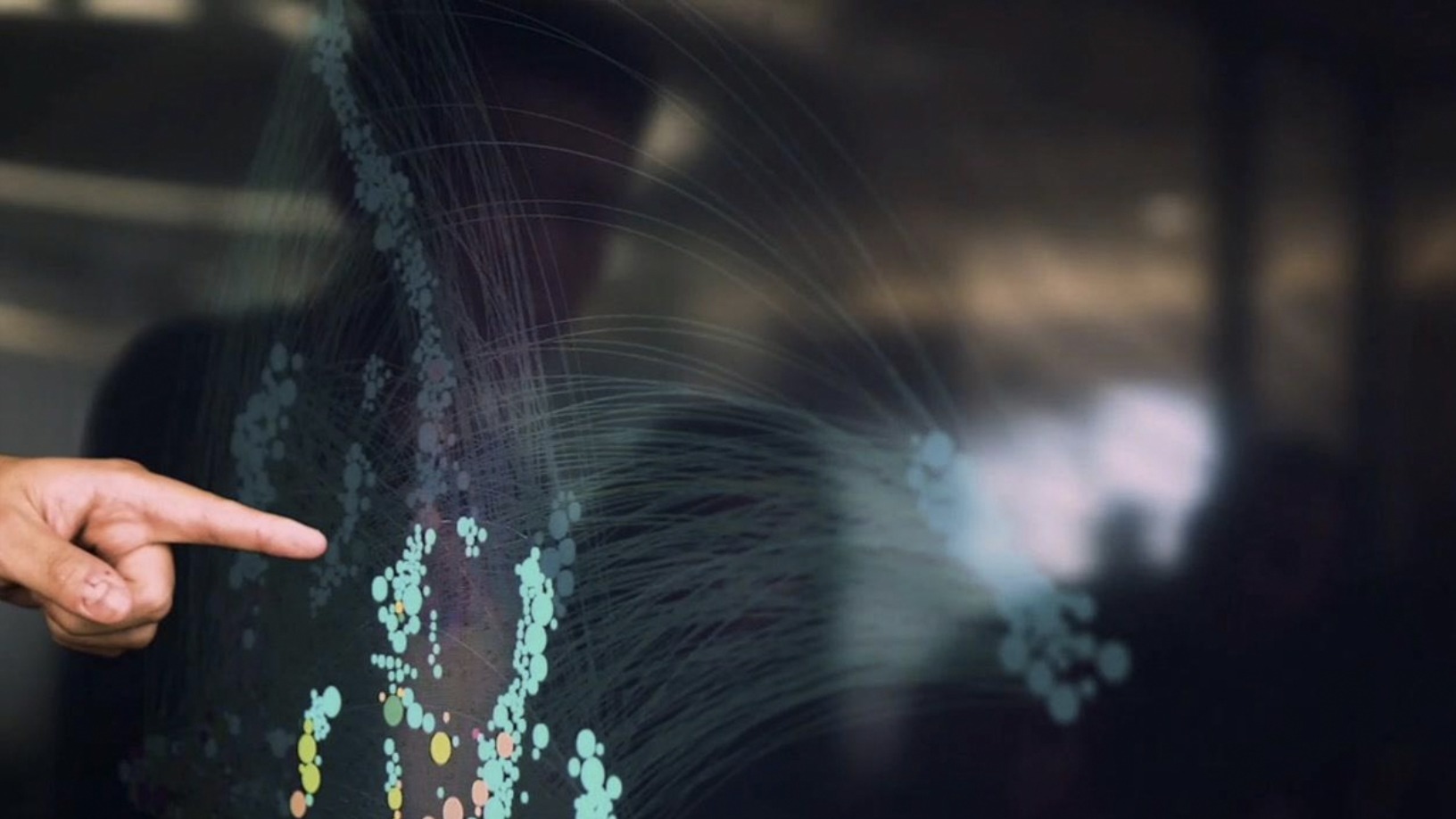In 2015, China Minsheng Bank was searching for a fintech company to upgrade its data system for risk control purposes. The bank reached out to a few firms, providing them with sample data from credit card users and asking them to identify the ones likely to default on payments. Newly founded AI startup CraiditX beat the other firms with its assessment to clinch the contract.
To execute the upgrading project, eight CraiditX technicians spent half a year at the bank’s headquarters in Shunyi District in Beijing. Their efforts paid off. Soon after, two other big banks, Bank of China and China Merchants Bank, approached the startup too, eventually hiring CraiditX to help them with their consumer credit risk control processes.
The recognition from these big-name clients and word of mouth have helped CraiditX attract more clients. As of now, the startup has served more than 100 financial institutions from the banking, consumer finance, securities and insurance sectors.
The startup's technical competence was the key to its initial success, but CraiditX founder Zhu Mingjie is aware that timing also played a role.
“It was a once-in-a-lifetime opportunity for us that may never be repeated again,” he recalled in an interview with tech media website GeekPark. “The timing was perfect. Two years earlier, and big data would not even be on Minsheng's agenda.
“If it were now, it would be near-impossible for a young company like ours to secure the sector's top players as our clients, given the number of mature, AI-based risk control companies around.”
AI expands risk assessment capability
Prior to founding CraiditX, Zhu had worked as a data engineer at a slew of internet companies and felt the disruptive force the combination of big data and AI brought to traditional industries, especially finance.
“I have never come across any sector quite like finance, where a large volume of data can generate such a high value. Finance, in essence, is an industry of data,” he said.
CraiditX targets mainly businesses providing consumer credit services in China, a market which is projected to be worth more than RMB 45tn in 2020.
The startup has built a machine-learning model – available in standard and customized versions – that is fed with user data from financial institution clients so as to predict an individual’s likelihood of defaulting on payments. In this way, CraiditX helps its clients save time, increase accuracy and reduce payment defaults.
Financial institutions are unable to assess the credit risk of low net-worth customers who have never applied for a credit card or taken a loan. Most traditional credit rating tools, like the FICO credit rating system, gauge an individual’s creditworthiness based on their repayment history, but these tools cannot be applied to users with few or no records in their credit files.
To address this issue, CraiditX has acquired data from a wider range of sources, including social media and internet companies, such as Baidu and Alibaba. Such data may not seem financially relevant, but it provides information on users’ online and offline behavior and can thus be used by CraiditX to profile a potential credit user. Although it handles massive amounts of data, Zhu has stated repeatedly in multiple media interviews that CraiditX will never store users' personal information.
After implementing the credit application fraud detection solution provided by CraiditX, China Merchants Bank has seen a 22% decrease in fraud cases decrease and a RMB 320m reduction in its monthly loss while maintaining the rate of approval credit card application approvals.
Clear positioning
From the very beginning, Zhu has made it very clear that CraiditX will not engage in banking or any other financial services as he believes that division of labour is key in the B2B market.
“Our job is to assess a user’s risk factor. Whether to approve a credit card or cash loan application is up to the financial institutions. What we do is help financial institutions reduce their IT, data and risk costs,” he said.
In order to do so, CraiditX has been improving its offerings continually. When it worked with Minsheng in 2015, it took the startup half a year to build an effective AI model for the bank. By late 2018, CraiditX had launched its second-generation AI engine, reducing the time taken for the modeling process to two to four weeks.
Typical, the AI process involves the following steps: data analysis, feature extraction, modeling by experts and online application. CraiditX's new engine has automated the whole process, boosting efficiency. It can be used just like a software, and the modular design provides enough flexibility to match the business needs of different financial clients.
Zang Suyang, the founding partner of Volcanics Venture which participated in two of CraiditX's funding rounds, believes AI will take over most data analytics jobs in time to come.
“CraiditX is helping prepare the finance industry for the future,” he said.













